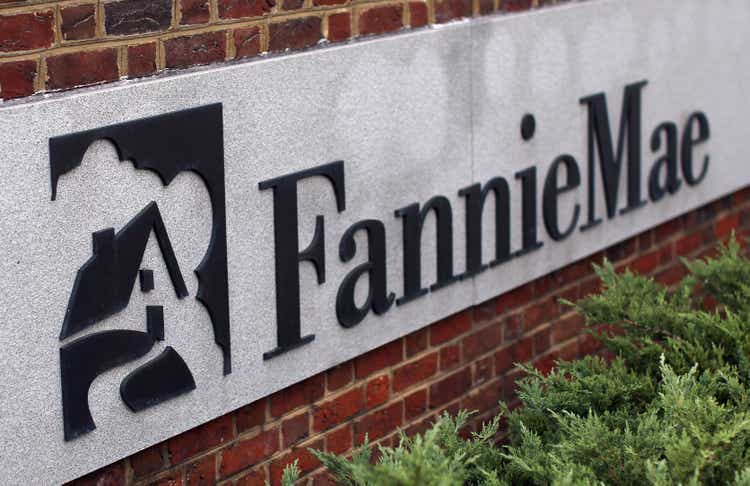
## The Future of Fannie Mae and Freddie Mac: Privatization on the Horizon?
For decades, Fannie Mae and Freddie Mac have been central figures in the American housing market, playing a crucial role in making mortgages accessible to millions. These government-sponsored enterprises (GSEs) purchase mortgages from lenders, bundling them into securities and selling them to investors. This process injects liquidity into the mortgage market, allowing lenders to offer more loans and keeping interest rates relatively low. However, their unique position – a blend of private company structure with significant government backing – has long been a source of debate, leading to calls for reform and even privatization.
The current system, established after the 2008 financial crisis, saw the government seize control of Fannie Mae and Freddie Mac to prevent their collapse, essentially nationalizing them. While this prevented a wider economic catastrophe, it has also created a unique set of challenges. The government’s involvement means significant taxpayer risk, as the GSEs’ obligations are implicitly backed by the government. This implicit guarantee allows them to borrow at lower interest rates, but it also raises concerns about moral hazard – the potential for excessive risk-taking knowing the government will bail them out.
The idea of privatizing Fannie Mae and Freddie Mac is not new. Proponents argue that privatization would remove the government’s implicit guarantee, leading to a more market-driven and efficient housing finance system. This, they suggest, would reduce taxpayer risk and encourage more responsible lending practices. A more competitive market could also lead to innovation in mortgage products and potentially lower costs for borrowers.
However, concerns remain. Critics argue that privatization could destabilize the housing market, particularly in times of economic downturn. Without government backing, it’s possible that private investors would be less willing to lend, potentially restricting access to mortgages, especially for first-time homebuyers and those with lower credit scores. The transition process itself could be complex and costly, requiring careful planning and execution to minimize disruption.
Furthermore, the question of how to ensure affordability and access to mortgages for all segments of the population remains a significant challenge. A purely market-driven system might prioritize profitability over social goals, potentially leaving some borrowers behind. The government would need to implement strong regulatory safeguards to mitigate these risks and ensure the continued availability of affordable housing.
Any move towards privatization would necessitate a thorough and transparent process. A careful evaluation of the potential benefits and risks is crucial, involving extensive consultation with stakeholders across the housing finance industry, including lenders, borrowers, and consumer advocates. This would ensure that any changes are implemented in a way that benefits the economy as a whole while minimizing negative impacts on vulnerable populations. The ultimate goal should be a system that is both stable and efficient, providing access to affordable housing for all while limiting taxpayer exposure. The debate is far from over, and the path forward will require careful consideration and robust public discussion. The stakes are high, as the future of the American housing market hinges on the decisions made regarding Fannie Mae and Freddie Mac.



Leave a Reply